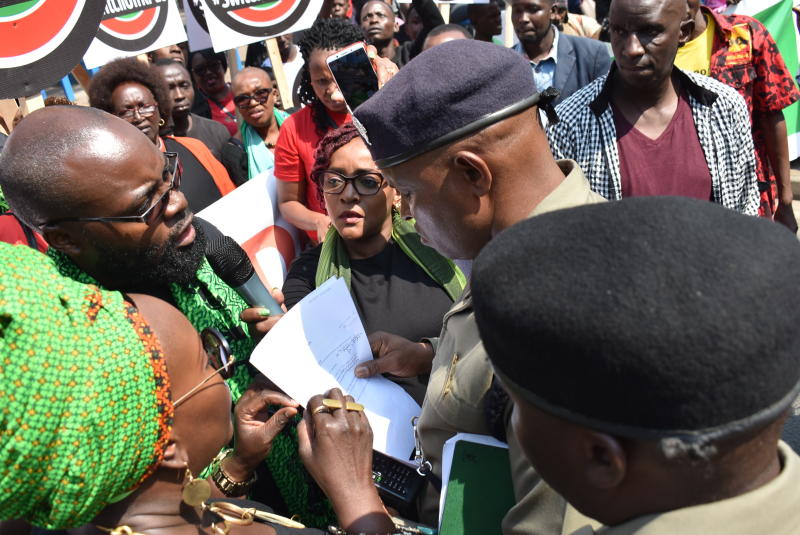×
The Standard e-Paper
Join Thousands Daily

Wanjeri Nderu can really get a person going. Whether she is talking to you alone or to a park full of protesters, she can whip up emotions just by her manner of speaking and her passion.
That’s exactly what happened when we, myself and two other people, had a conversation with her. We became unhappy about certain issues, some of which we had never given much thought.